Future Narrative #5 - Carbon Spend Conscious
This story was inspired by discussions that took place at the American Hotel and Lodging Association's Hotel Technology Next Generation European conference meeting in Edinburgh in 2022. Traveltech for Scotland hosted a Hotel Futures Workshop with 50 participants from North America and Europe on the first day of that conference to explore the future of hotels and technology in 2032. Tensions between keeping a low carbon footprint while pursuing adventure drive this narrative of VR travel in Scotland in 2032.
Illustrated by Issey Medd and written by Máire Ryan.
“VR gaming, as anyone who has tried it will attest, offers a thrilling adrenaline rush which simply can’t be found on a chessboard.”
Unless, like Gustav and Fiona, you play VR Chess: virtually embodying the pieces and switching between board and birds eye scopes to outwit your opponent. Both recently graduated and with an alarming amount of freed up mental space, it wasn’t long before the pair’s academically overstimulated minds began to plot beyond complex rook manoeuvres. They dreamt of adventure: hiking in the Andes; surfing out of Lisbon; getting marvellously lost in Istanbul. They found themselves hampered and not just by the stress of choice. They were deeply concerned about how they would traverse the globe without raising a carbon footprint which would weigh heavy on their curious souls.
To say the two were eco-conscious would be to state that too many moves of a pawn at the opening will cost a player dearly later on. Gustav and Fiona were those people who not only separated garbage from recyclables but composted their food waste. The kind that had actually quantified their use of plastics over a month and managed to drastically reduce them. They weren’t standing on corners with aggressively worded signage, trying to scare (or shame) people into joining their Cause but they were active: channelling their concerns about the planet into their everyday existence. They mostly moved seamlessly through life with this premise in mind, except for when it came to satisfying their shared wanderlust.
How to combine the urge for activity with a low-to-neutral carbon expenditure? The algorithm will always provide. On one night of particularly intense live action gaming, an ad flashed up in both Gustav and Fiona’s lenses. It spoke of a distant part of Scotland, beset by more than the usual inclement weather. Flooded almost beyond recognition. Images of submerged dwellings, before and after shots haunting to the viewers. The town had decided to invite sympathetic visitors to come and contribute to the area’s restoration efforts. A collective understanding of the correlation between the weather’s anger and climate change meant that the entire scheme was looking to achieve a net-zero impact. Both eco-warriors lowered their headsets, meeting each other’s eyes. Voluntouring? It sounded good, but what would it entail?
From the comfort of her living room, Fiona “stepped” onto a makeshift airstrip and took a moment to get a better look at the Solar Air craft–a pioneering carbon negative airline–trying to puzzle out the intricacies of the green machine. The simulation of the flood site progressed (their “car” to the site was autonomous; moving fast with barely a whisper) against the backdrop of the ancient, rural Highlands. Gustav–ever the cool customer–managed to remain stoic until they had “reached” their hotel.
The ability to preview their hotel rooms and surroundings in VR, before making their journey, gave Gustav and Fiona a clear notion of the architecture in all its gleaming glory. State of the art had nothing on this: envisioned as a beacon of sustainability, the hotel blended exactly the contrasts of the project: restoration of the ancient through the deployment of futuristic methods. Constructed with salvaged, local materials and designed to reflect the rich heritage of the area: the hotel mesmerised Gustav because it fit so comfortably within its wild landscape.
What resonated particularly strongly with the pair was the development of a Pastlens: through their headsets the couple could not only view the current state of the flood site in heart-wrenching definition; they could switch to view its former glory with exactly the same precise depiction. For tech-heads, this was exciting. For restoration, this was unparalleled. They could, in reality, return the town to its former perfection. The limitations of an aged blueprint were washed away.
In this vision of the future, carbon-negative technologies and VR experiences blurred the line between travel and gaming. Gustav and Fiona became stakeholders in their trip: assisting in the vital rebuilding process, with their efforts rewarded in digital currency, further fuelling the area's revitalisation. The immersive technology offered an eco-friendly alternative to traditional tourism, allowing those who couldn't afford the physical journey to still experience these unique destinations. By blending technology with travel and philanthropy, Voluntouring opened a gateway into the potential for carbon-negative, immersive game-based action, where a more sustainable and inclusive tourism model was suddenly very real.
Checkmate.”
Watch our discussion about Carbon Spend Conscious
We hosted a discussion about this story with the Patty Martin a climate scientists who work with The Travel Foundation. Together we discussed climate-based travel decision-making, the potential and pitfalls of virtual reality in travel and voluntourism. Enjoy!
Provocation Questions
We’d love to hear your thought on this story. Here are some questions that we hope might provoke some interesting debate. Feel free to add your comments below!
In a carbon spend conscious future, what role does carbon intensive technology like VR play vs physical travel?
Do you think that physical travel or technology databases will become more sustainable first?
What is in place now for us to get there by 2032?

